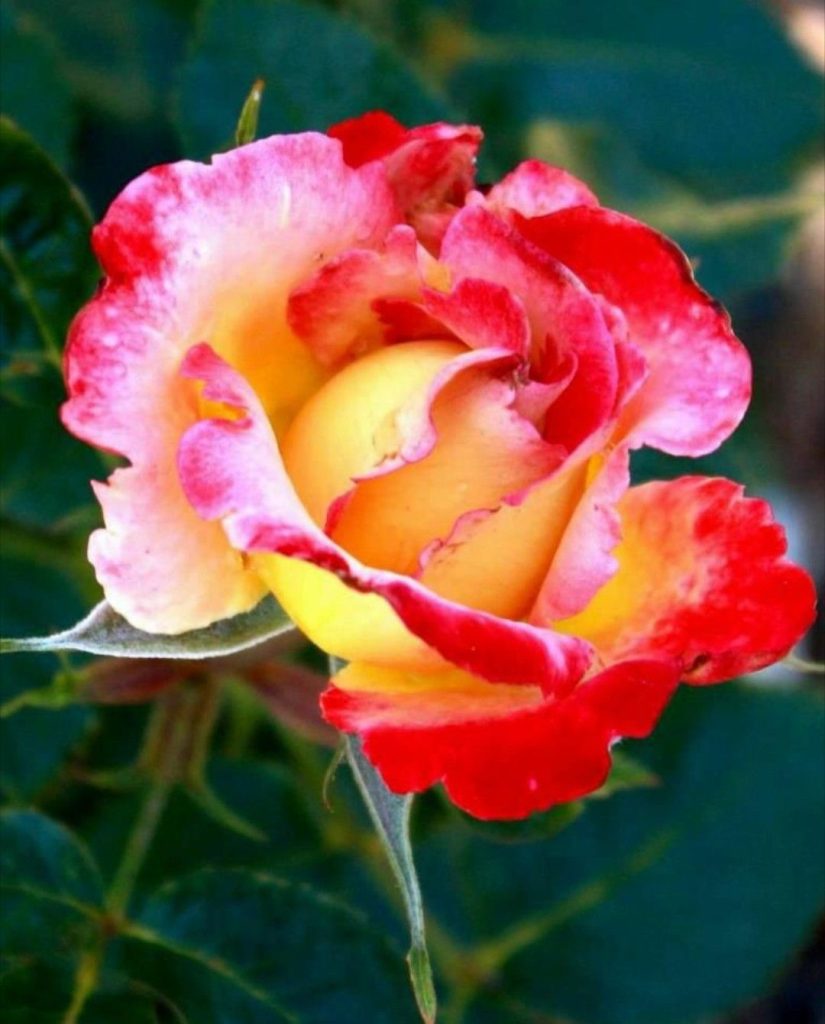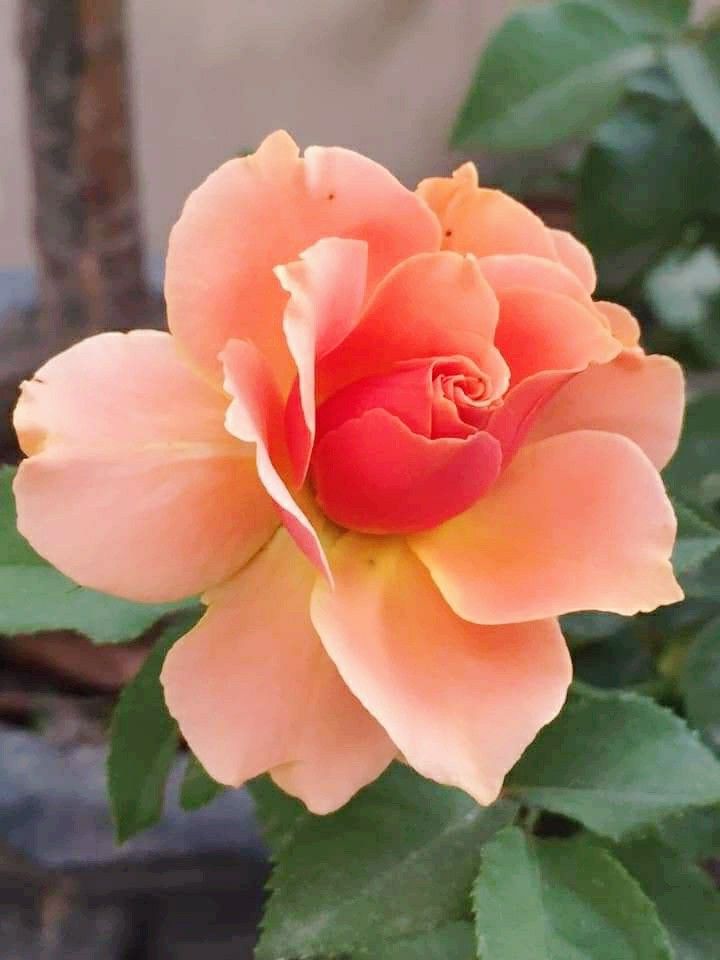Maintaining a healthy and pest-free garden is a top priority for any gardener, but achieving this goal without relying on harmful chemicals is equally important for the health of your plants, soil, and the environment. Fortunately, there are many natural pest control methods that you can use to keep pests at bay and promote a thriving garden ecosystem. From attracting beneficial insects to using homemade remedies and cultural practices, here are some eco-friendly pest control strategies to help you protect your garden and grow a bountiful harvest without resorting to harsh chemicals.



Attract Beneficial Insects: Nature’s Pest Patrol
One of the most effective natural pest control methods is to attract beneficial insects to your garden, which prey on common garden pests and help keep their populations in check. Beneficial insects such as ladybugs, lacewings, hoverflies, and predatory beetles are voracious predators of aphids, caterpillars, mites, and other garden pests. You can attract these beneficial insects to your garden by planting a diverse range of flowering plants, herbs, and grasses that provide nectar, pollen, and shelter. Avoid using broad-spectrum insecticides that harm beneficial insects along with pests, and let nature’s pest patrol do the work of pest control for you.
Companion Planting: Nature’s Pest-Repellent Partnerships
Companion planting is a time-honored gardening technique that involves planting certain crops together to enhance growth, deter pests, and improve overall garden health. By choosing the right companions for your plants, you can create mutually beneficial relationships that help repel pests naturally. For example, planting aromatic herbs like basil, rosemary, and mint alongside vegetables can help deter pests like aphids, whiteflies, and cabbage moths. Similarly, planting marigolds, nasturtiums, and calendula around the perimeter of your garden beds can help repel nematodes, beetles, and other pests. Explore the world of companion planting to discover the synergistic relationships that can help protect your garden from pests while promoting plant health and productivity.



Homemade Pest Remedies: Kitchen-Sink Solutions
Many common household ingredients can be used to create homemade pest remedies that are safe, effective, and eco-friendly. From garlic and chili pepper sprays to neem oil and soap solutions, there are countless recipes and formulations that you can use to control pests in your garden without resorting to synthetic chemicals. For example, spraying plants with a mixture of water, dish soap, and neem oil can help deter aphids, spider mites, and other soft-bodied insects, while sprinkling diatomaceous earth around the base of plants can help control slugs, snails, and crawling pests. Experiment with different homemade remedies to find the ones that work best for your garden and pest problems.
Cultural Practices: Healthy Habits for Garden Success
In addition to attracting beneficial insects, companion planting, and homemade remedies, practicing good cultural habits can help prevent pest problems and promote overall garden health. Start by maintaining good garden hygiene by removing plant debris, weeds, and other hiding places for pests, and rotating crops regularly to disrupt pest life cycles and reduce pest buildup in the soil. Use physical barriers such as row covers, netting, and screens to protect plants from pests like birds, rabbits, and deer, and encourage natural predators like birds, toads, and lizards to take up residence in your garden by providing habitat, food, and water.



Conclusion
Keeping your garden pest-free without relying on harsh chemicals is not only better for your plants and the environment, but it also promotes a more sustainable and resilient garden ecosystem. By attracting beneficial insects, practicing companion planting, using homemade remedies, and implementing good cultural practices, you can protect your garden from pests and enjoy a bountiful harvest of healthy, vibrant plants. Embrace the power of natural pest control methods in your garden and reap the rewards of a thriving and sustainable outdoor space.
FAQs (Frequently Asked Questions)
- How can I attract beneficial insects to my garden?
- You can attract beneficial insects to your garden by planting a diverse range of flowering plants, herbs, and grasses that provide nectar, pollen, and shelter. Avoid using broad-spectrum insecticides that harm beneficial insects, and let nature’s pest patrol do the work of pest control for you.
- What are some examples of companion plants that help repel pests?
- Aromatic herbs like basil, rosemary, and mint can help deter pests like aphids, whiteflies, and cabbage moths when planted alongside vegetables. Marigolds, nasturtiums, and calendula can help repel nematodes, beetles, and other pests when planted around the perimeter of garden beds.
- Are homemade pest remedies effective?
- Homemade pest remedies can be effective for controlling pests in the garden, particularly for soft-bodied insects like aphids, spider mites, and caterpillars. Common ingredients like garlic, chili peppers, neem oil, and soap can be used to create homemade sprays and solutions that are safe, effective, and eco-friendly.
- What are some cultural practices that help prevent pest problems?
- Good garden hygiene, crop rotation, and physical barriers are all cultural practices that can help prevent pest problems and promote overall garden health. Removing plant debris, weeds, and other hiding places for pests, rotating crops regularly, and using physical barriers like row covers and netting can help protect plants from pests and reduce pest buildup in the soil.
- How can I encourage natural predators to control pests in my garden?
- Encouraging natural predators like birds, toads, and lizards to take up residence in your garden can help control pests naturally. Provide habitat, food, and water for natural predators by incorporating bird feeders, bird baths, and insect hotels into your garden design, and avoid using pesticides that harm beneficial insects and disrupt the natural balance of the ecosystem.